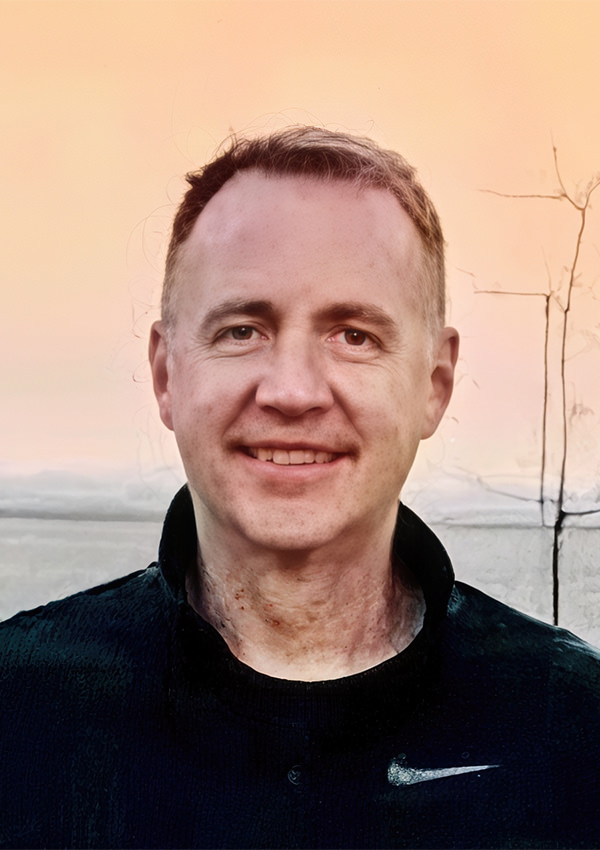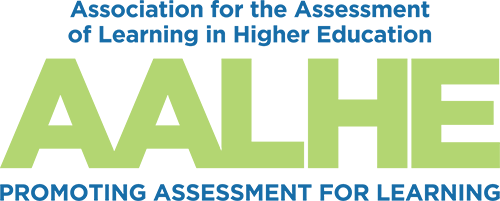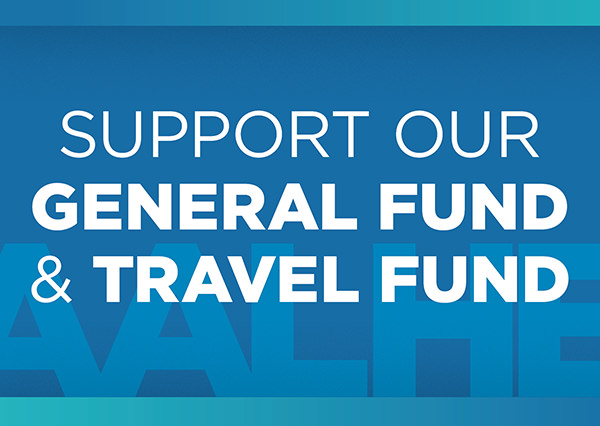AALHE Member Spotlight

Ryan Smith
Illinois State University
Years in Assessment: 15 years
Leadership Roles Held in AALHE:
Professional Development and Intersection journal teams
What brought you to assessment?
Like almost everyone I know in assessment, I arrived here by accident. After earning a degree in Art History, I wasn’t sure what I wanted to do. My parents were teachers, and I was drawn to education. So I pursued a master’s degree and worked in student affairs. A PhD assistantship in planning and budgeting led me to institutional research and, eventually, assessment.
How have you benefited from your AALHE membership?
That’s what brought me to assessment. What keeps me here are the people. I love meeting new colleagues and learning. Almost no one plans for a career in assessment, so people come from diverse backgrounds and disciplines. Every interaction with an assessment professional is like a mini TED Talk. Through AALHE, I’ve expanded my network, presented at conferences, collaborated on projects, and refined my assessment work in meaningful ways.
What do you think the future of assessment will look like?
The biggest shift will be in how universities orient assessment within their continuous improvement frameworks. The central problem is that the amount of data we have far exceeds our capacity to use it. Many leaders assume a perfect methodology, AI, confidence intervals, or more dashboards will magically help them make better decisions.
Assessment professionals know better. We know decision-making is about judgment, context, and application, not only analysis. After nearly 30 years, I can tell you that people rarely agree on what the data means. But we almost always agree on values and principles.
For my entire career, data-informed decision-making has dominated the conversation. But now, more than ever, we need to place more emphasis on principle-driven decision-making. I envision a future where institutions leverage assessment not just for compliance, analytics, and dashboards, but to make evidence-based decisions grounded in principles.
What is the best career advice you can give?
The usual advice – build relationships, network, join associations and committees, and keep learning – apply. And are always worth repeating. But the best advice I think I can give is to be confident and be yourself.
In Stephanie Evergreen’s Data Visualization course, she emphasizes the role of confidence. She reminds us that we were hired for a reason. Someone saw our skills, expertise, and potential. They want us to own our work, be bold, and lean into our roles. So be bold and do it.
Being yourself isn’t just about transparency. It’s about bringing your principles and personality into your work. In assessment, transparency is reporting data. Being genuine is showing why the data matters through stories and visualizations, and driving real change.
Describe a challenge you have faced in the world of assessment.
The most recent challenge I faced was stagnation. I love data and process, but my work started to feel repetitive. I dreaded running the same NSSE analyses and generating reports that had little impact. Like many mid or late career professionals, I needed something new.
So, I did two things:
- I learned a bunch of new stuff. I taught myself Power BI, Tableau and NVIVO. I took several LinkedIn courses. I spent about a year learning data visualization and qualitative research methodologies, as my background is in quantitative methodologies.
- I put myself out there. I joined the Grand Challenges in Assessment project and AAHLE committees.
I didn’t know where all this would lead, but I knew I had to do something. The result was renewed engagement in my career and assessment. By updating my skills and putting myself out there, I found renewed purpose in my work. It keeps me busy! But most of all, I’ve established meaningful relationships with professionals who have inspired and challenged me. The assessment community is awesome.
What are your hobbies or leisure activities.
I am addicted to road bicycling. I also enjoy working out, meditating, hiking, and walking. I particularly like cycling for the mental and social benefits (I often ride with a group). I don’t know if this is a hobby or a leisure activity, but I eat a bowl of ice cream every night.
Return to the Member Spotlight Archive.
|



